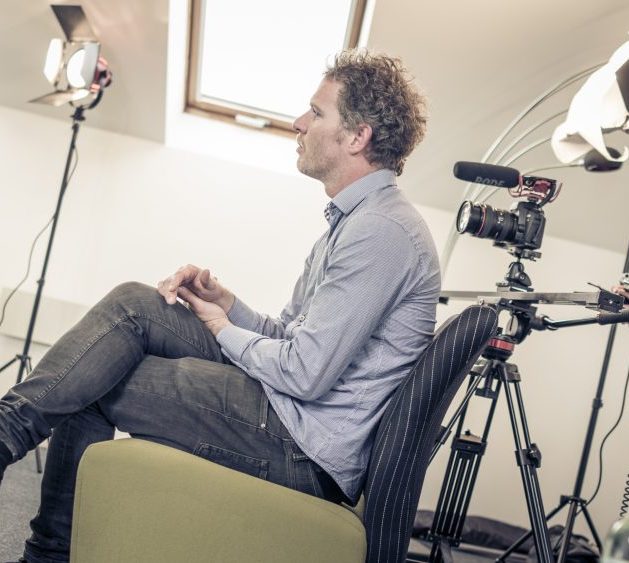Make decisions easier for your patients. Use digital to show, not tell
By Zac Fine. May 10, 2017.
It’s cliché to say, but isn’t it remarkable how our lives are being transformed by digital technology? It’s extraordinary. Digital has changed how we do everything: relationships, travel, banking, exercise, food, navigation, learning, consuming books, music, news, films and health services. In two years you’ll be able to take a nap as your self-driving car delivers you to your destination or, assuming self-driving cars have blinds, you might use the journey time to tend to your sex robot.
A notable theme of the digital revolution is that decisions are getting easier. Abundant choice often makes for misery and companies know this so they are using digital technology to take the pain away. You can see it in the ubiquity of online reviews and ad retargeting, where you’re served ads based on your searches. Jeff Bezos was ahead of the curve when he introduced the “people who bought that also bought this…” teaser on Amazon; it’s plainly there to sell more stuff yet it makes your life easier. The information you want is served up when you need it.
The historian Yuval Noah Harari chillingly describes where this trajectory of AI-assisted decision making is likely to take us in his book Homo Deus: A Brief History of Tomorrow. Soon it will be sensible to cede most of our decisions to an intelligent personal assistant like Microsoft’s Cortana which offers lower chances of error than ourselves. Your Cortana might remind you, for example, not to make any important decisions as you go into a meeting if you haven’t eaten and your blood sugar level is low. It might pre-empt a conversation with the Cortana of a potential romantic partner next to you in a bar without either of you even knowing.
Your Cortana will know what you want to do, whether or not you’re conscious of it, by referencing your data footprint. If that sounds ludicrous, in 2015 researchers at the University of Cambridge and Stanford University found that Facebook likes were a better judge of personality traits than a person’s spouse. A computer model needed just 10 Facebook likes to judge a person’s personality more accurately than a co-worker, 70 to do better than a co-habitant, 150 likes to do better than a family member and 300 likes to top a spouse. Imagine how accurate your Cortana would be if it had access to every email you have ever written. And imagine the potential user benefits in areas such as health and dentistry, where problematic patterns of behaviour or symptoms could be recognised by your Cortana far earlier.
If the change we’ve already seen in our lives from digital technology is extraordinary, it will pale in comparison to what we’re going to see in the next 10 years. In dentistry an important revolution is already underway: Digital Smile Design. Typical of the revolutions happening in many industries, it’s using digital technology to make life easier for the customer. It’s a bit like Bezos’s idea in that it moves the emphasis away from single unit purchases, saying to patients “if you like that, here’s what it would look like with this…”. So patients can see what their implants and veneers, and whatever else, look like on them before they buy. At last, after a century of scaring patients with impenetrable treatment plans, we have a truly patient-centric consent tool based on what people want: visual information.
If you look at the way patient testimonials are presented by the likes of Dentcof it’s obvious that better visual information makes decisions easier for patients. Dentcof runs high quality, full width before and after photos of gorgeous-looking patients, interspersed with perfectly formatted clinical shots. The shots are clearly taken in studios with proper lighting and make up. There are high production value videos of patients, and best of all the clinicians appear, looking great, with an arm around their patients. It’s personal, emotional and informative. The copy throughout the Dentcof website is littered with typos and weird messaging but the imagery is so captivating that it works brilliantly — anyone looking for cosmetic, restorative or implant dentistry who sees testimonials like this is going to feel reassured.
Building this kind of patient testimonial publishing operation has got to be one of the best ways to harness your newfound photography skills if you are going down the Digital Smile Design route, as I expect most practices offering cosmetic, restorative and implant dentistry will do eventually. Doing both will do wonders for your new patient acquisition.

“Soon it will be sensible to cede most of our decisions to AI”
Zac Fine, content director
